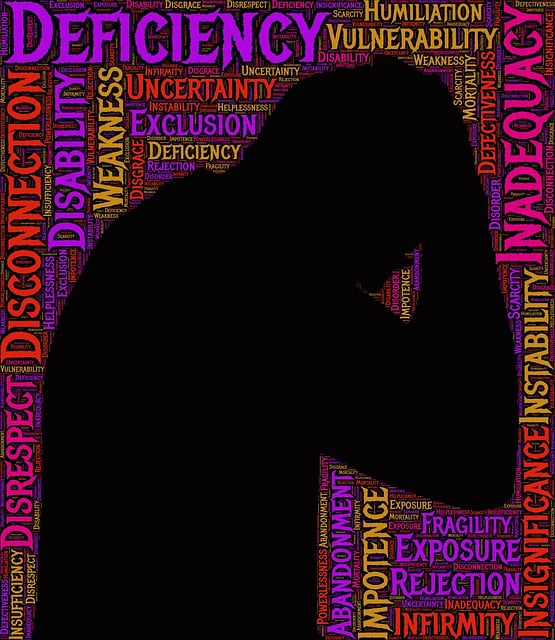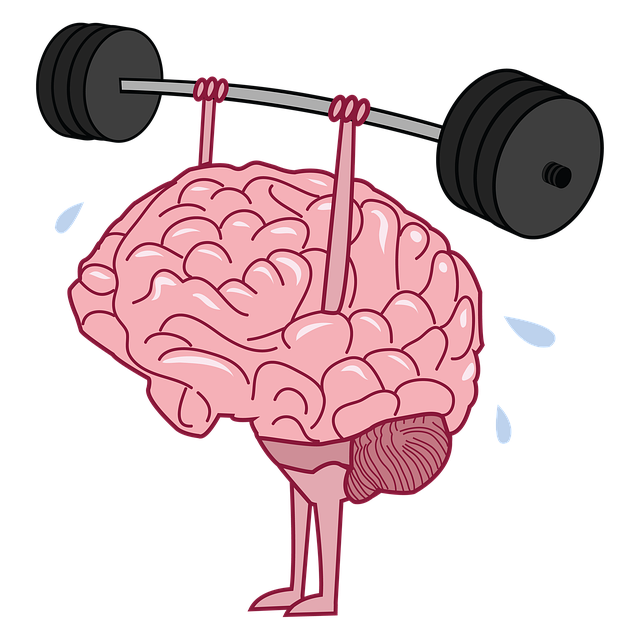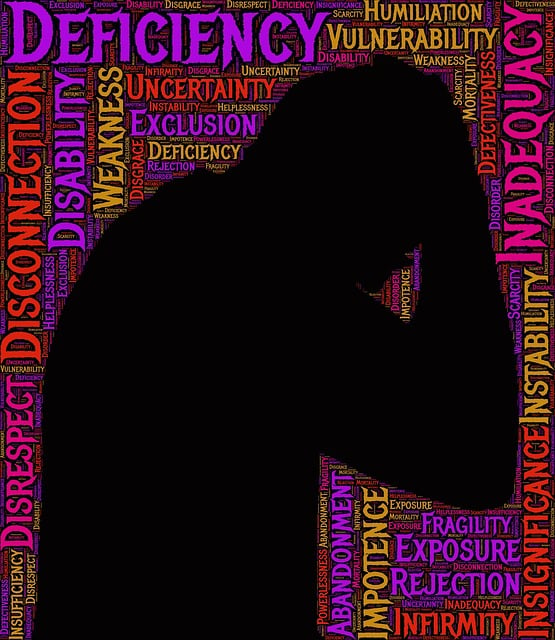Evaluating Louisville Sexual Abuse Survivor Therapy (LSAST) involves assessing emotional intelligence and regulation skills before and after therapy using quantitative and qualitative methods, such as questionnaires and interviews. These measures show LSAST's positive effects on survivors' emotional resilience and mental wellness over time. Participant feedback is crucial for program improvement, offering insights into the effectiveness of practices like Compassion Cultivation and Stress Reduction. A comparative analysis of outcomes, combined with feedback from the Mental Wellness Podcast Series, will establish best practices and guide future enhancements to tailor support for survivors' healing journeys.
Mental wellness program evaluations are vital for understanding the effectiveness of therapeutic interventions, especially for survivors of sexual abuse. This article explores three key methods employed to assess the impact and success of Louisville Sexual Abuse Survivor Therapy programs. We delve into assessing program impact through various metrics, leveraging participant feedback to gain valuable insights, and conducting comparative analyses to identify best practices and measure improvements in survivors’ mental wellness over time.
- Assessing Program Impact: Methods for Measuring Success in Louisville Sexual Abuse Survivor Therapy
- Participant Feedback: Voice and Perspective in Evaluating Wellness Programs
- Comparative Analysis: Comparing Outcomes to Establish Effective Practices in Survivors' Mental Wellness
Assessing Program Impact: Methods for Measuring Success in Louisville Sexual Abuse Survivor Therapy

Evaluating the impact of Louisville Sexual Abuse Survivor Therapy (LSAST) programs is a multifaceted process designed to gauge their effectiveness in enhancing mental wellness among survivors. One key method involves assessing changes in emotional intelligence and regulation skills pre- and post-therapy. By measuring participants’ ability to understand, manage, and express emotions, therapists can assess the program’s success in empowering individuals with essential coping mechanisms. This approach aligns with the broader goal of promoting emotional resilience and overall mental wellness among survivors.
Additionally, quantitative and qualitative data collection methods play a crucial role. Structured questionnaires and interviews allow for the measurement of specific outcomes related to trauma healing, such as reduced symptoms of post-traumatic stress disorder (PTSD) and increased social support networks. These methods provide tangible evidence of LSTAT’s impact on survivors’ lives, highlighting improvements in emotional regulation and mental wellness over time.
Participant Feedback: Voice and Perspective in Evaluating Wellness Programs

Participant feedback is a crucial component when evaluating mental wellness programs, offering valuable insights into their effectiveness and impact. For programs like Louisville Sexual Abuse Survivor Therapy, understanding the voice and perspectives of those who have participated is essential to gauge success. This feedback provides a firsthand account of how the program has helped individuals cope with challenges, gain new insights, and develop coping skills.
Incorporating methods such as Compassion Cultivation Practices and Stress Reduction techniques into wellness programs can be effectively assessed through participant feedback. Survivors’ experiences with these strategies enable researchers and therapists to understand their utility in fostering resilience and overall mental wellness. This approach ensures that the program’s design and implementation remain aligned with the needs and perspectives of those it serves, creating a more impactful and responsive therapeutic environment.
Comparative Analysis: Comparing Outcomes to Establish Effective Practices in Survivors' Mental Wellness

A Comparative Analysis is a powerful method to evaluate the effectiveness of mental wellness programs tailored for Louisville Sexual Abuse Survivor Therapy. By comparing outcomes across different groups or interventions, researchers can identify what works best in enhancing coping skills development and preventing burnout among survivors. This approach allows for a deeper understanding of the complex factors contributing to mental wellness.
In this analysis, various metrics can be employed to gauge progress. These might include changes in anxiety levels, depression symptoms, and overall psychological well-being before and after therapy sessions. For instance, tracking participant feedback through Mental Wellness Podcast Series Production can offer insights into their personal experiences and perceived benefits. This comparative study will not only help establish best practices but also guide future program improvements, ensuring survivors receive the most effective support for their journey towards healing.
Evaluating mental wellness programs, such as the Louisville Sexual Abuse Survivor Therapy, requires a multi-faceted approach. By combining methods like assessing program impact through measured outcomes, incorporating participant feedback for nuanced insights, and conducting comparative analyses to benchmark success, we can ensure these programs effectively support survivors’ mental health journeys. Adopting these evaluation strategies is crucial in identifying best practices and fostering positive change within the Louisville Sexual Abuse Survivor Therapy framework.














